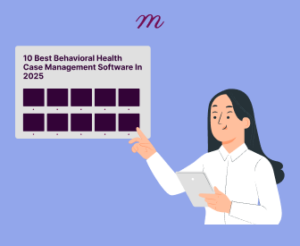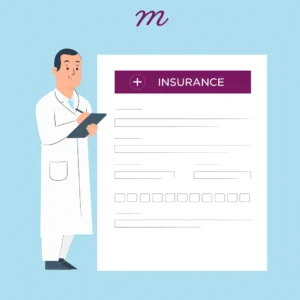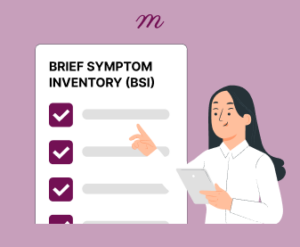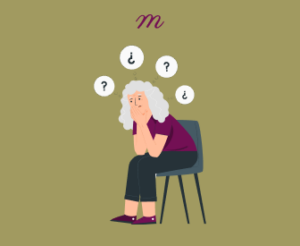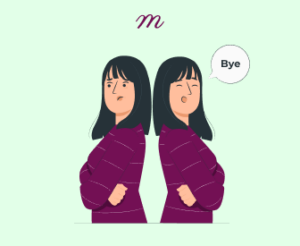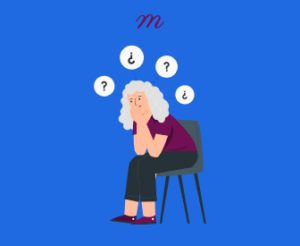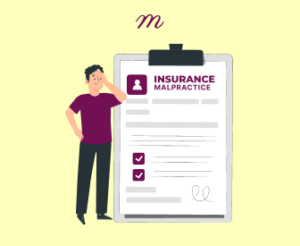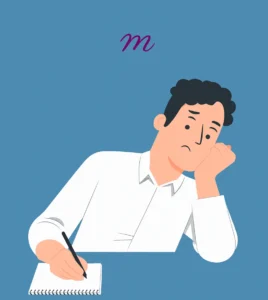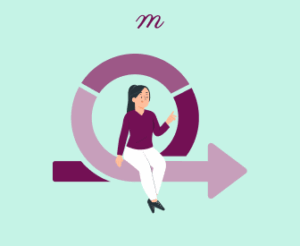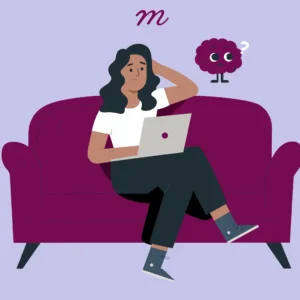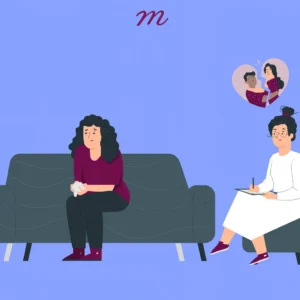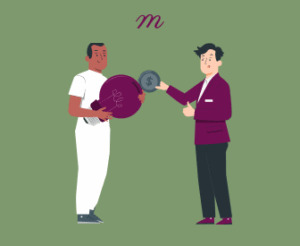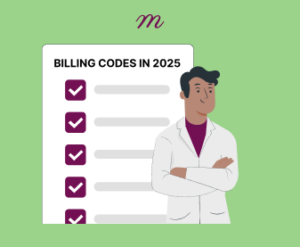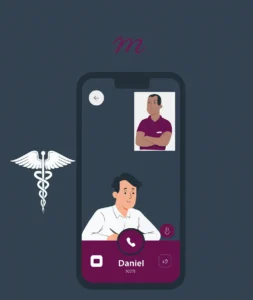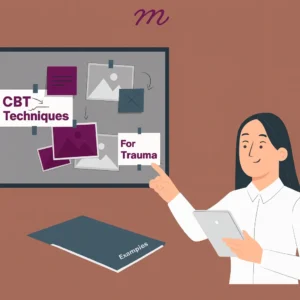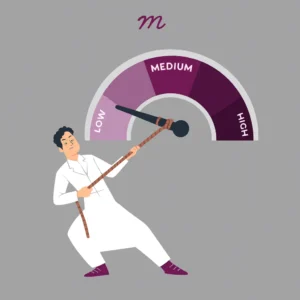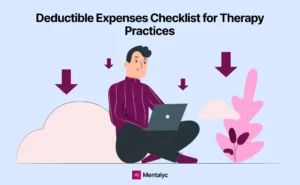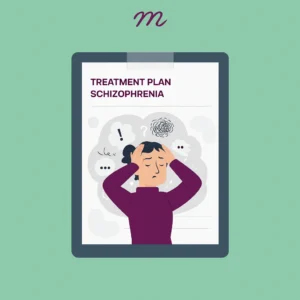Mentalyc Blog
-
Therapy is a process which many teenagers use to navigate from childhood to adulthood. It provides them a safe space to articulate their thoughts and fears without any judgement, helps them cope and become more resilient. Talk therapy is the most used in a counselling set up, however, using activities in a therapeutic setting has […]
-
Mental health case management software is a system that aids therapists in mental health practices. Although similar to EHRs and PMS, it is more focused on improving client care planning and coordination. Most case management software has features that help to track clients’ behavioral health progress. These software provides a structured way to effectively manage […]
-
Insurance credentialing is an important process that boosts your credibility as a therapist. During the process, the insurer will confirm your qualifications, licenses, and experience. They might also ask you questions about your education. When you complete the process, you become registered to attend to their clients. Despite the numerous benefits of insurance credentialing, it […]
-
Motivational Interviewing (MI) is a powerful counseling technique that motivates ambivalent clients to make a positive behavioral change. This method is widely applied in many settings, ranging from addiction treatment to mental health care. MI is used by therapists to help clients build insight that can be converted to actions. In this article, we will […]
-
In the fast-paced and increasingly demanding world of mental health care, having efficient tools to screen for psychological distress is essential. The Brief Symptom Inventory (BSI) is one such tool—a concise, reliable instrument designed to measure psychological symptoms and distress. For therapists, psychologists, and psychiatrists, the BSI can play a pivotal role in identifying areas […]
-
Therapists see the impact of depression in their work every day. It doesn’t discriminate—it affects people of all ages, cultures, and socioeconomic backgrounds. Depression often starts as a subtle but relentless shadow, clouding the ability to function or feel joy, leaving clients struggling to explain their symptoms or understand their own experiences. This can make […]
-
Therapy is a space where an individual gets to express their real self. One they aspire to be or wish they could show to the world. It is a space where they can say their thoughts that are constantly running in their mind out loud. In this case, trust and open communication are essential elements […]
-
Crisis intervention is a short term therapeutic approach to help clients deal with emergency or traumatic situations. Usually these emergencies are mental health related and involves taking steps to assist in the moment, bring the client to safety, reassess current needs and plan for future treatment. Crisis intervention techniques can support individuals through their hard […]
-
Transference and countertransference are natural occurences in therapeutic relationships. Transference happens when a client projects their emotions onto the therapist, and countertransference happens when a therapist projects their reactions onto the client. Transference happens more commonly when clients feel safe and comfortable to open up and share parts of themselves and countertransference happens less frequently […]
-
As a psychotherapist, it is critical to safeguard your practice and reputation as a competent clinician. The goal is always to provide care for your clients, however often times even the most experienced clinician can run into care issues which can lead to legal trouble. Malpractice insurance is a way to keep yourself safe as […]
-
Artificial Intelligence (AI) is transforming mental healthcare, offering innovative solutions to address the growing global demand for mental health support. From AI-driven chatbots providing therapeutic assistance to algorithms detecting early signs of mental health conditions, AI has the potential to revolutionize diagnosis, treatment, and accessibility. However, integrating AI into such a human-centered field raises important […]
-
Embedded Behavioral Health (EBH) is an integrated approach to delivering mental health care designed to meet the unique demands of specific populations, such as military personnel, first responders, and corporate employees. This model brings mental health services directly into the environments where individuals work and live, reducing barriers to access, normalizing mental health treatment, and […]
-
Cognitive processing therapy (CPT) is a therapeutic approach commonly used to treat PTSD and trauma. CPT is a type of CBT specifically formulated to treat trauma related to violence, disasters and acute traumatic events. In using CPT, the therapist is helps to facilitate an interaction in which the client learns to become aware of the […]
-
Behavioral health screening tools offer a structured way to assess, monitor, and guide client treatment. These tools help identify mental health challenges early, track progress over time, and support clinical decision-making. Here’s a list of the top 10 behavioral health screening tools for therapists, complete with practical examples and tips for effective use. 1. PHQ-9 […]
-
In all therapeutic approaches, there is always an element of transference which occurs. Transference itself is when a client projects their emotions on to their therapist. This happens a lot as clients usually enter therapy, in part, to uncover their own tendencies and the process of transference helps to reveal some of these tendencies to […]
-
Behavioral health clinics and providers play a critical role in addressing mental health and substance use disorders, however funding for these organizations can be challenging. Since not all individuals have insurance coverage for these services, it becomes critical for organizations to subsidize cost to ensure they are accessible to the community. Securing funding can […]
-
Accurate billing is the backbone of thriving therapy practices. Understanding Behavioral Health CPT Codes is essential, whether you’re writing your own case notes or reviewing supervisee notes. These codes not only ensure reimbursement for your services but also safeguard compliance, streamline operations, and provide critical protection during audits. In this guide, we’ll break down the Behavioral Health […]
-
Non-HIPAA-compliant telehealth platforms are the root cause of several challenges for therapists in private practice. These range from data breaches to risks of legal penalties. They could also result in client distrust. Due to this, mental healthcare providers avoid them at all costs. There are several HIPAA-compliant telehealth platforms therapists can choose. As a result, […]
-
Trauma-informed Cognitive Behavioral Therapy (TF-CBT) is a type of therapeutic approach used in individual, couples and family psychotherapy. TF-CBT is more collaborative than traditional CBT and incorporates tenets of other trauma therapies with 9 primary trauma-focused techniques. TF-CBT is evidence based and primarily is targeted towards children and their caregivers focused on working through relational […]
-
Managing finances effectively is a critical aspect of running a successful therapy practice. From invoicing and expense tracking to tax preparation and financial reporting, the right accounting software streamlines a therapist’s operations and saves valuable time. With so many options available, choosing the best software for a practice’s unique needs can feel overwhelming. This comprehensive […]
-
The anger thermometer is an accessible and simple tool that can transform how individuals understand and manage their anger. It is rooted in cognitive-behavioural therapy (CBT), it functions as a visual representation of one’s emotional state, allowing people to identify and assess the severity of their anger in real-time. This is particularly helpful because it […]
-
Running a therapy practice means juggling clinical work, documentation, and the financial realities of being a small business owner. Knowing what counts as a therapy business expense is essential not only for staying compliant but also for building a financially sustainable private practice. From office rent to CE credits, these costs are more than necessities; […]
-
Substance Use Disorder (SUD) counselors play a vital role in addressing the addiction crisis, but retaining skilled counselors in this field is an ongoing problem. High turnover rates negatively impact client care, staff morale, and organizational resources. This article discusses practical strategies to improve staff retention rates for SUD counselors. Strategies to Improve Staff Retention […]
-
Schizophrenia is a complex and challenging mental health condition that affects millions of people worldwide. With symptoms like hallucinations, delusions, and emotional withdrawal, it can disrupt lives and relationships if left unmanaged. A comprehensive treatment plan is more than just a tool—it’s a lifeline, offering structure and support to help individuals manage symptoms, regain stability, […]

